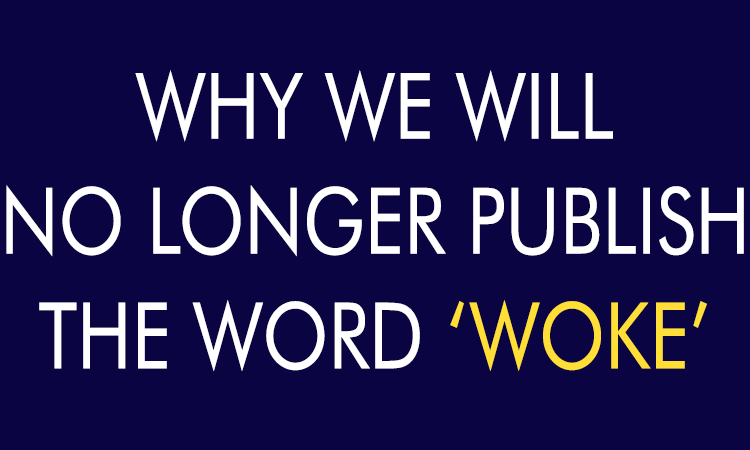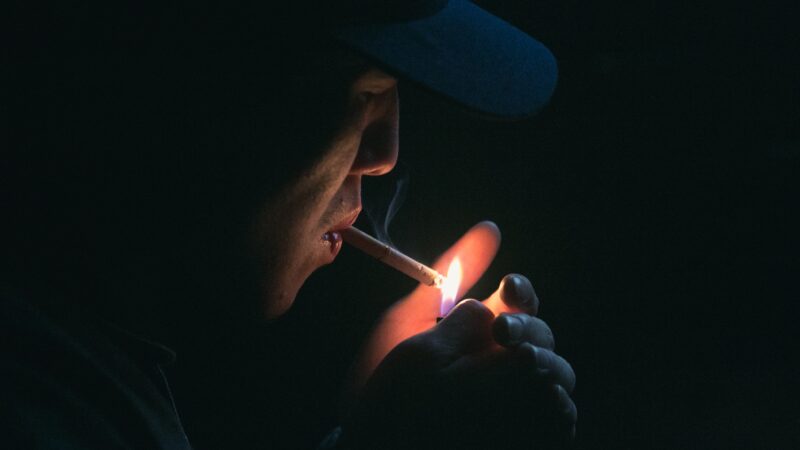With Russian troops having begun a full-scale invasion of neighbouring Ukraine, President Joe Biden was recently asked by a journalist “Do you think you may have underestimated Putin?” In response to the question, the supposed ‘most powerful man in the world’ offered merely a smirk and proceeded to sit in silence whilst his team rushed to stop the video recording. This was inevitably due to the honest answer being yes – the warning signs have been evident for decades. Let us first consider the historical basis for the invasion.
Vladimir Putin’s position as a Soviet romantic has come to be a defining aspect of his political image. In his 2005 state of the nation address, he notably referred to the 1991 collapse of the USSR as “the greatest geopolitical catastrophe of the century”, an event which left “tens of millions of our fellow citizens and countrymen … beyond the fringes of Russian territory”. It is this Slavophilic perspective that is paramount in understanding the motives and aims of Russian foreign policy in Eastern Europe. With the fall of the USSR came, according to Russian nationalists, the mass displacement of Soviet citizens outside of the Motherland. Millions of Slavic people, all of whom shared a rich cultural history, now living within the borders of independent states, stripped of their collective identity. At this time, young Vladimir Putin was working for the Mayor of Leningrad, and this moment came to shape his ideology and vision for Russia’s future (and the future of former-Soviet satellite states).
Ukraine however, has always occupied a special place within Russian romantic nationalism. The Russian Federation actually has its origins in modern-day Ukraine – specifically the Kievan Rus’ federation (consisting of East Slavic, Baltic and Finnic peoples), which existed from the 9th to the 13th century. Linguistic and cultural roots remain strong, with most Ukrainians also speaking Russian, especially in the eastern and southern parts of the country. Whilst a region of the Russian Empire (and later the USSR), Ukraine was a crucial region for agriculture due to its soil, which is exceptionally well-suited to the farming of crops.
Given this intertwined history, a key tenant of Putin’s romantic mindset is the idea that Russians and Ukrainians are one people, and must therefore exist within the same state. This view was most recently revealed in a 2021 article written by the president, titled ‘On the Historical Unity of Russians and Ukrainians’, in which he affirmed that “true sovereignty of Ukraine is possible only in partnership with Russia”. Stella Ghervas, a professor of Russian history at Newcastle University, has explained that “the borders of the Russian Empire in 1914 remain a point of reference from the Kremlin up to this day”.
However, it seems that the West has chosen not only to ignore how ideologically desperate Putin is to reclaim Ukraine, but also how brutally willing he has been to utilise hard power to achieve his expansionist aims. 2008 saw artillery attacks by pro-Russian separatists (backed by Putin) in the South Ossetia region of Georgia; 2014 brought us the infamous annexation of the Crimean Peninsula, and 2021 saw a mass-movement of Russian troops and military equipment to the Ukrainian border, raising concerns over a potential invasion. These examples should have clearly demonstrated to Western powers the lack of respect Vladimir Putin has for national sovereignty, and that once his mind becomes fixated on regaining lost Soviet territory, he can’t be easily dissuaded. With this in mind, the invasion of Ukraine should be viewed as the inevitable and long-awaited finale to Putin’s expansionist concerto.
The response to the latest developments is hardly surprising: economic sanctions appear to be a firm favourite amongst Western leaders; Boris Johnson has sanctioned five Kremlin-friendly oligarchs and aims to target “all the major manufacturers that support Putin’s war machine”, whilst Joe Biden has levied penalties against major Russian industries and frozen the bank assets of the regime’s major figures. An international effort has also been undertaken, with the UK, US, EU and Canada agreeing to cut off a number of Russian banks from SWIFT, the international payment system. However, such sanctions, especially those against individuals, have received pushback. Following Crimea in 2014, the late and greatly-missed philosopher Sir Roger Scruton published a piece in which laid out how believing that sanctions against oligarchs “will make the faintest difference to Russia’s expansionist foreign policy is an illusion of staggering naivety” – having faced the threat of increased sanctions since then, Russia has built up foreign currency reserves of $630bn (akin to ⅓ of their economy).
In terms of military responses, the general consensus is that Western troops won’t be deployed, and there is a simple logic to it – Western populations have no real hankering for a war: two recent YouGov polls revealed 55% of Britons and 55% of Americans oppose sending their own troops to fight in Ukraine (for the United States, last year’s disastrous withdrawal from Afghanistan undoubtedly turned the public off of war for a while). However, NATO troops have been deployed to Eastern Europe, and we’ve also sent 1,000 soldiers to Hungary, Slovakia, Romania and Poland, in preparation for the inevitable outpouring of innocent and scared Ukrainian families.
Whilst the objectives of the Putin regime and the long-term naivety of the Western order are the two primary factors, the West’s role in bringing this situation about must also be acknowledged, for the sake of honest discussion. In the early 1990s, Boris Yeltsin expressed his desire for Russia to one day join NATO; Putin echoed this in 2000 when Bill Clinton visited Moscow. Despite Russia at these times being a fledgling democracy, they were turned down by the alliance – provided the opportunity to start anew and help the Russian people, the West refused to bring Russia into the international fold.
Further evidence of the West’s culpability is the expansion of NATO’s borders. Although an arrangement with murky origins, the generally-understood version is that the US Secretary of State James Baker, told Mikhail Gorbachev that NATO expansion was ‘not on the agenda’. Regardless, the welcoming of former Eastern Bloc states into the alliance (Romania, Bulgaria, Latvia, Lithuania, Estonia, Slovakia and Slovenia in 2004, and Albania and Croatia in 2009) has only served to worsen relations between Putin and the West – despite the availability of open dialogue for decades, we’ve consistently chosen mistrust when dealing with Russia.
Whilst the West may be shocked that Putin actually went ahead with a military invasion, it can’t seriously claim to have been surprised; the president’s intentions regarding Eastern Europe and Ukraine especially have been nefariously evident for at least a decade, in which time we’ve fooled ourselves, downplaying the risk Russia posed. We must endeavour to remember however, the most tragic consequences of this entire situation: the many thousands of innocent Ukrainian civilians who’ve lost their lives, their homes and their feeling of safety within their own borders. For Russia, sanctions will hurt their citizens, all whilst their understanding of the situation is distorted through propagandistic state media. This really is a horrific situation, and one that has occurred because of Putin’s worldview and Western leaders’ inability to take Russia seriously as a threat.



